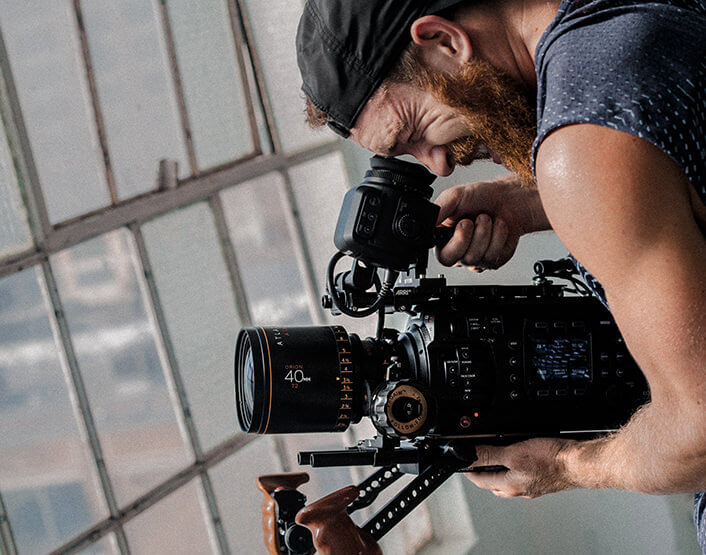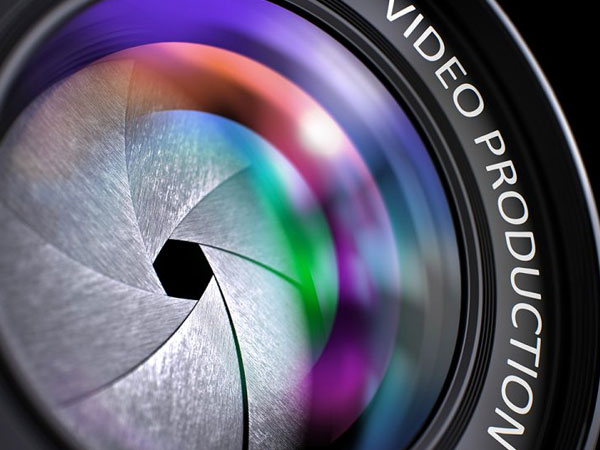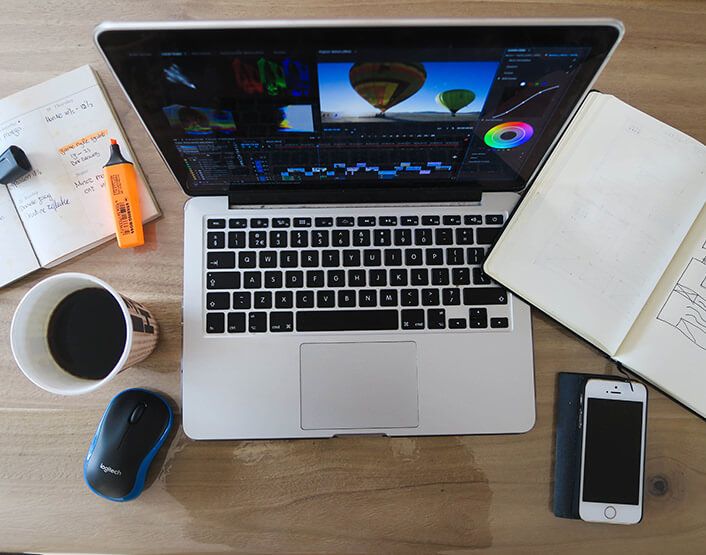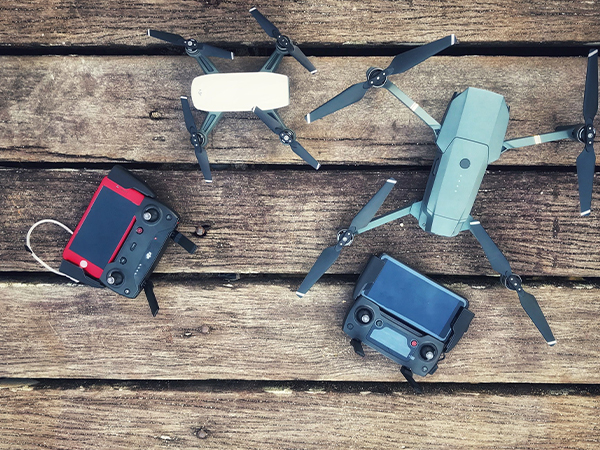You might have a thousand and one ideas for your Lakeland video production project, but none of that can reach reality if you don’t have a budget to work with. After all, you need a budget to pay for the cast, the rest of the crew, as well as all of the equipment that you are going to need to shoot the footage for your video.
Not everyone is willing to give their time and effort into a passion project for no pay. To make sure that you end up making the video production project that you would be proud of, here are some budgeting tips that you can follow for your Lakeland video production project.
Understand the full scope of your project
When you’re planning out your video production project, the first thing that you need to do is understand the full scope of your video project. This is the best way to fully understand what exactly is needed for your video, which will be needed for the budget plan.
Make sure that you take the time to break down the different parts of your video so that you know what parts need prioritizing and which ones can be considered later on.
Another way to help you break down the needs of your video is by looking at the script of the video. How many scenes are needed? How complicated are these scenes going to be? This will provide you with a much clearer picture of what your production needs so that you can begging budgeting for it.
Figure out points where you can compromise
When you figure out what your video needs, you now have to figure out where you can compromise on it so that there is more room for the budget for the more important things. For example, you might have a scene that needs a specific type of lens to shoot. How are you supposed to approach this?
You might be excited at the idea of buying new gear for your video production project. However, if you’re going to be realistic about things, you also have to accept the fact that you might not actually need to buy the gear. If you do, you don’t have to buy them brand new.
One compromise that you might want to consider in this situation is renting the gear instead. This way, you can cut down on the budget for gear and you don’t end up with gear that you might not end up using after the project. If you find that you need that particular lens or gear more often than expected, then you can consider buying it.






